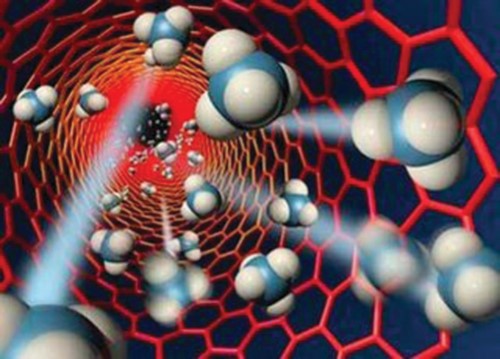Within six years, Belarusian scientists plan to implement around 200 investment projects at the National BelBiograd Technopark
BelBiograd is a special technological zone with its own preferential tax regime, aimed at encouraging projects in the spheres of bio- and nano-technologies, pharmaceuticals, and micro- and nano-system machines.

According to Emilia Kolomiyets, Director General of the Chemical Synthesis and Biotechnologies State R&D Group, and Director of the Microbiology Institute of the National Academy of Sciences of Belarus, the project has been under consideration for a long time. BelBiograd will benefit from not having to start from scratch, as there are many research institutions close to the district, near the High-Tech Park: the Institute of Bio-organic Chemistry of the National Academy of Sciences of Belarus; the Physical-Engineering Institute; the New Materials Chemistry Institute; and the Microbiology Institute.
These organisations will become the foundation for creating BelBiograd. Moreover, these research institutes have their own manufacturing divisions, making their own products. According to Ms. Kolomiyets, it’s a good start. She notes that when the Deputy Prime Minister of Belarus, Vladimir Semashko, visited the Institute, it was decided that BelBiograd would enjoy extraterritoriality. The principle allows companies, institutions, and enterprises from the regions to become BelBiograd residents, and start manufacturing. However, Ms. Kolomiyets underlines that their projects must satisfy a number of special requirements.
In 2013, the Belarusian Economy Ministry undertook preparatory work to create the national technological cluster, BelBiograd. A Presidential Decree was drafted, and a land plot chosen. Preliminary cost-benefit analysis was carried out, and possible participants listed. A government conference in October 2013 decided that the National Academy of Sciences of Belarus would take care of consequent efforts.
By Alexey Fedotov











